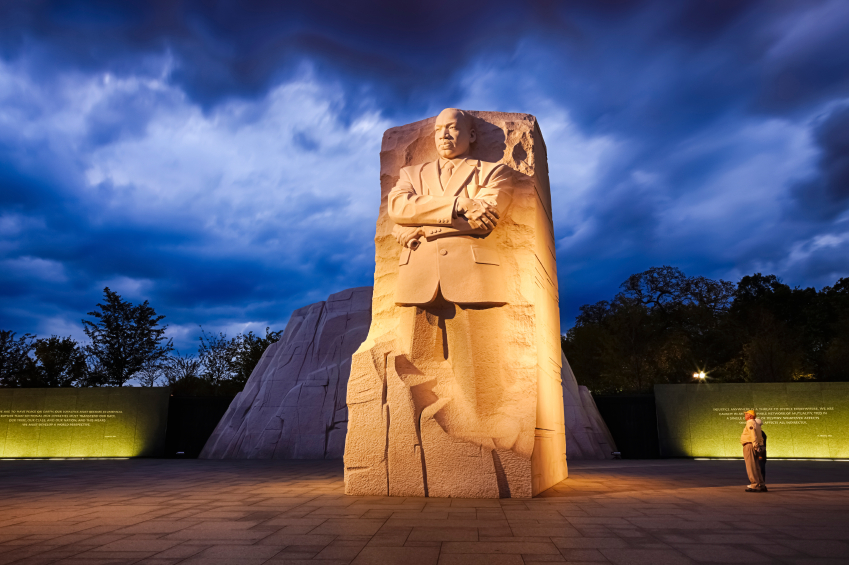On Monday, January 19th, the federal government recognizes the life and legacy of Martin Luther King, Jr. with a holiday. During this time, I have a ritual of digging out research papers I did in seminary on Dr. King who at the time was a major influence on my leadership style in the early 80’s.
What attracted me to Dr. King’s leadership approach was his emphasis on nonviolent resistance which he learned at Crozer Theological Seminary in Chester, PA based on the teachings of Mahtma Gandhi. My newest revelation from this civil rights icon is how nonviolence principles are essentially inclusion values.
Inclusion and Nonviolence Are Not Acts of Weakness
Too often we hear inclusion described as a touchy, feely exercise and an act of political correctness. In reality, inclusion is a statement of strength. It sends the message that through courageous conversations and healthy management of conflict, we can build a better country, world and workplace by recognizing and embracing differences.
Inclusion and Nonviolence Do Not Punish
Advocates for inclusion are trying to win over their critics with understanding and persuasion. There is plenty of room at the inclusion table even for those who don’t see it as necessary. The important thing is to stay in the conversation and relationship in order to learn from each other.
Inclusion and Nonviolence Address Behavior
Even though inclusion is a personal subject, inclusion supporters try to separate non-inclusive conduct from the person responsible for it. They compassionately try to make their case without driving others away with guilt. Self-responsibility is their ultimate goal. Inclusion proponents understand that our stuff stinks too as we hold ourselves accountable to the same standards we expect from others.
Inclusion is a Message of Nonviolence
The sponsors of inclusion are not out to get their adversaries. They understand that the inclusion journey requires a certain amount of personal toughness. However, they are not about dishing out retaliation to the opponents of inclusion. They understand that doing so can drive the bias they want to reduce underground and eliminate future attempts at reconciliation.
At the end of the day, the leadership style of Martin Luther King, Jr. reminds us of the risk and sacrifice inherent to the creation of an inclusive and nonviolent world where everyone can meet their full potential. If he was living today, I wonder how he would think we were doing.




Leave a Reply
You must be logged in to post a comment.